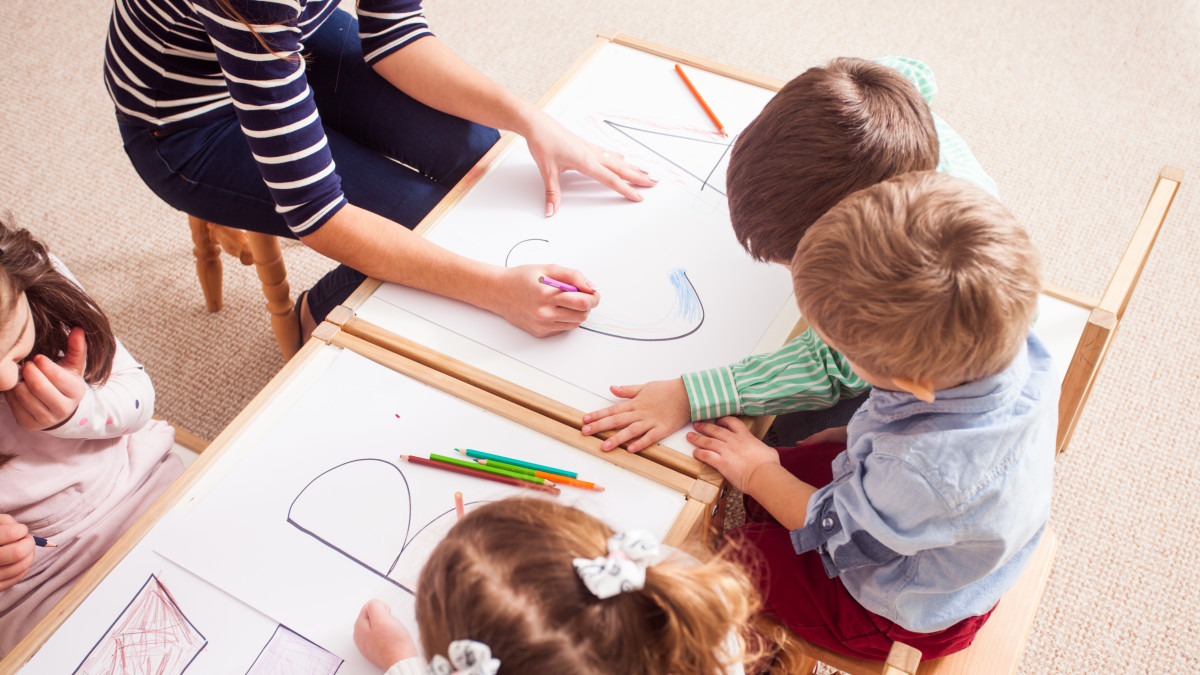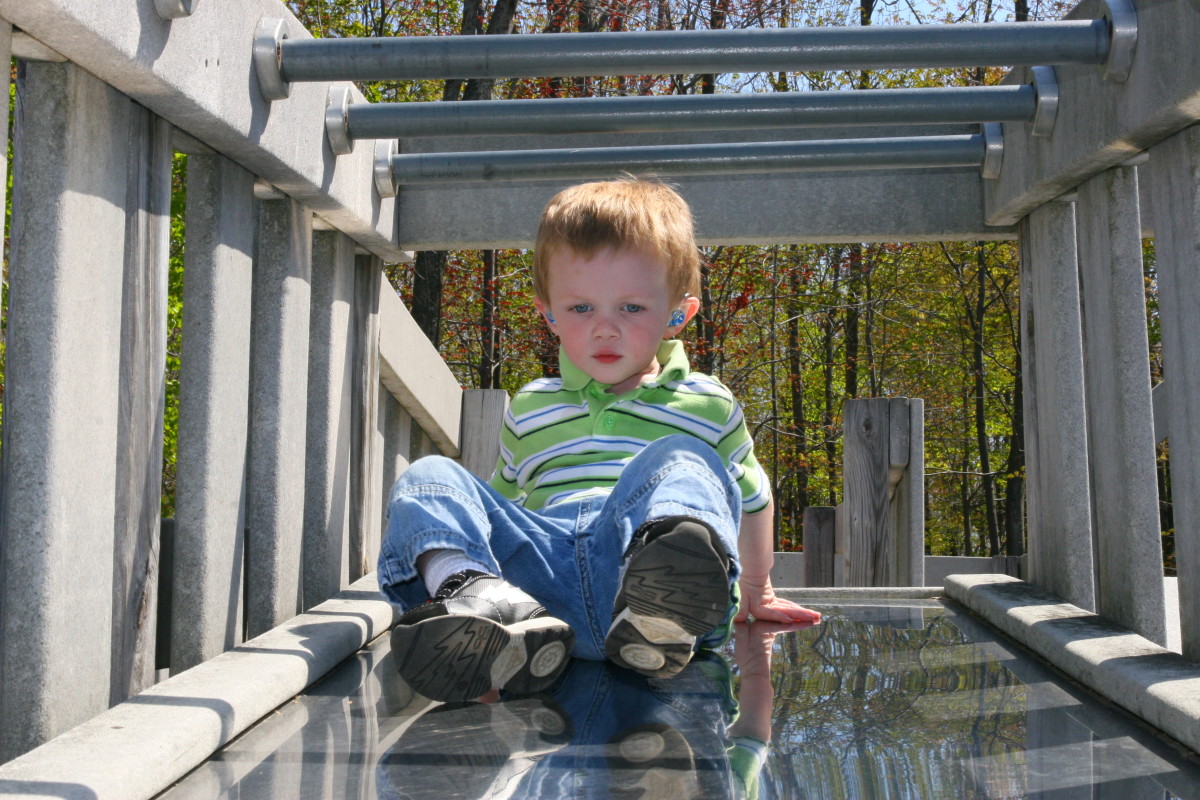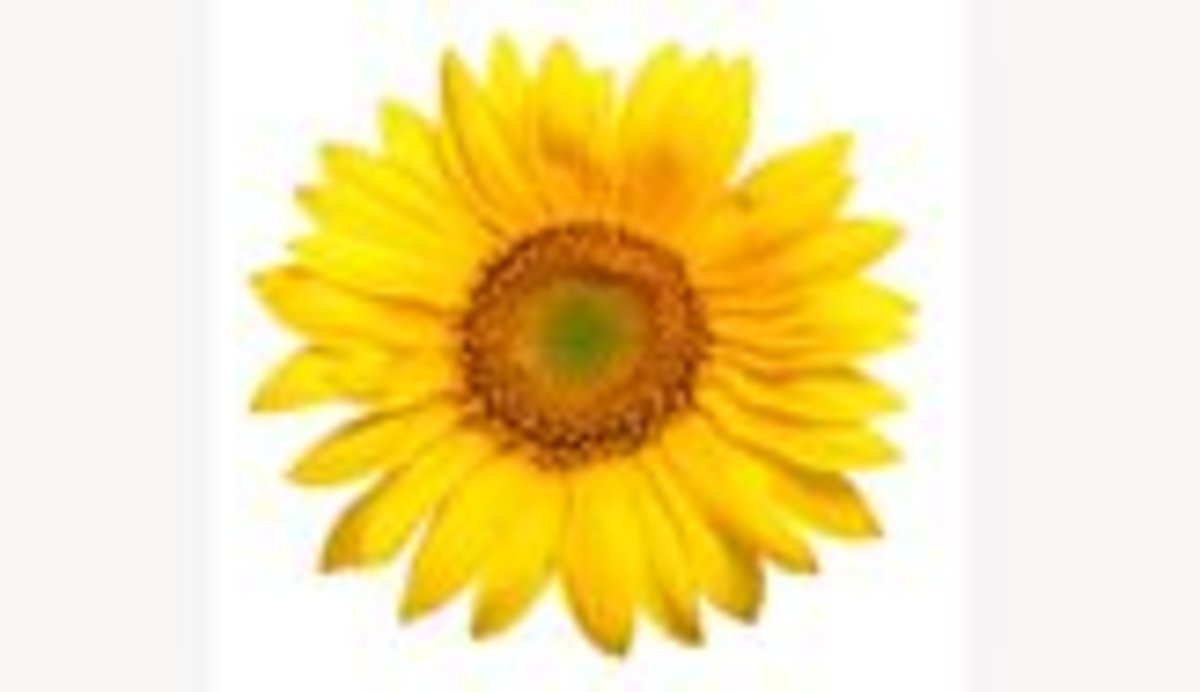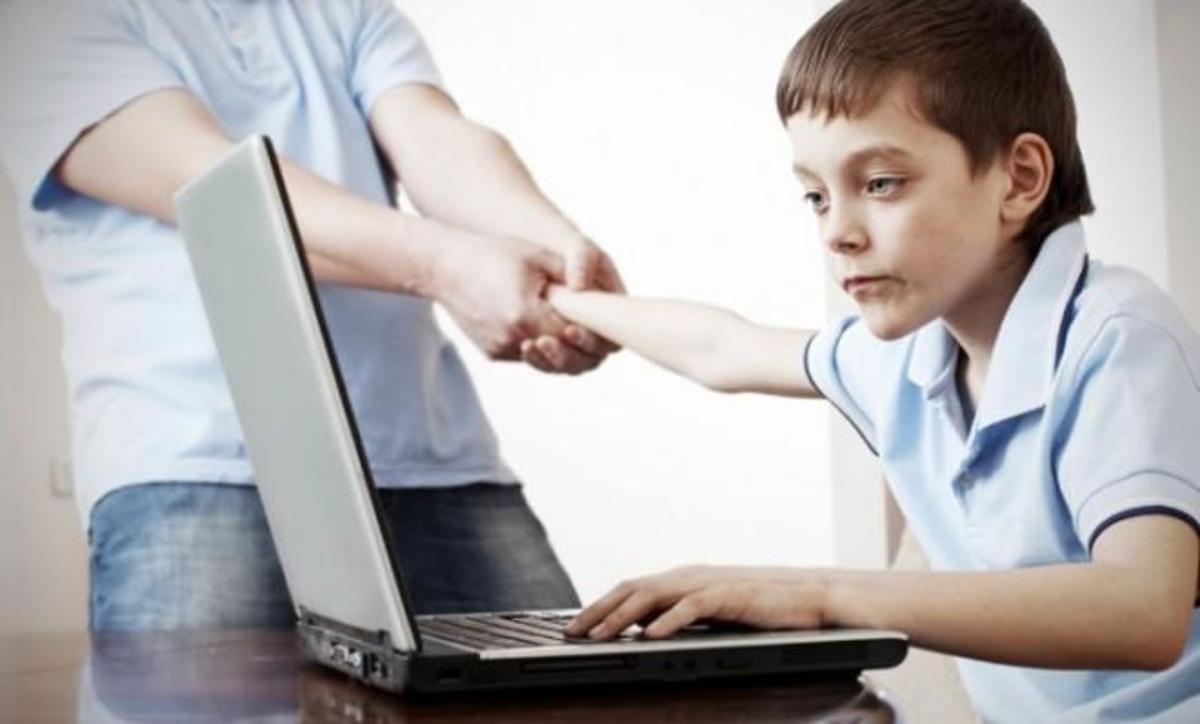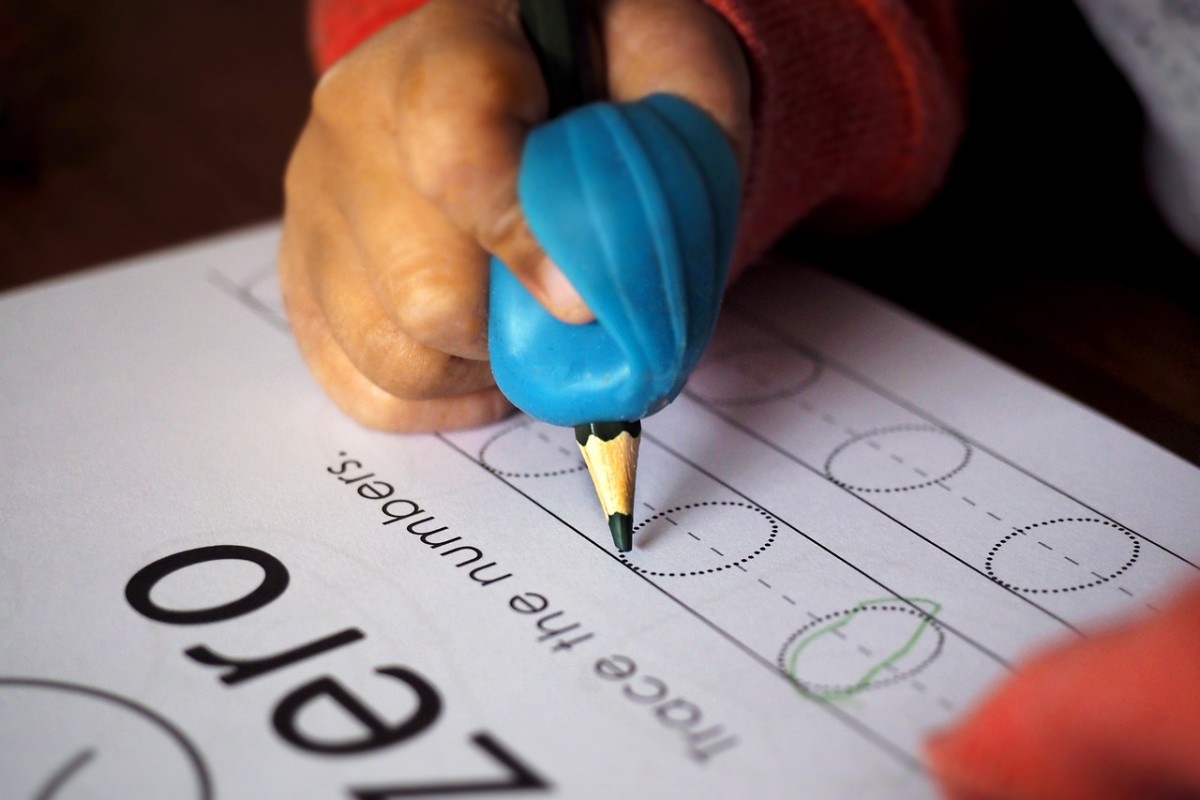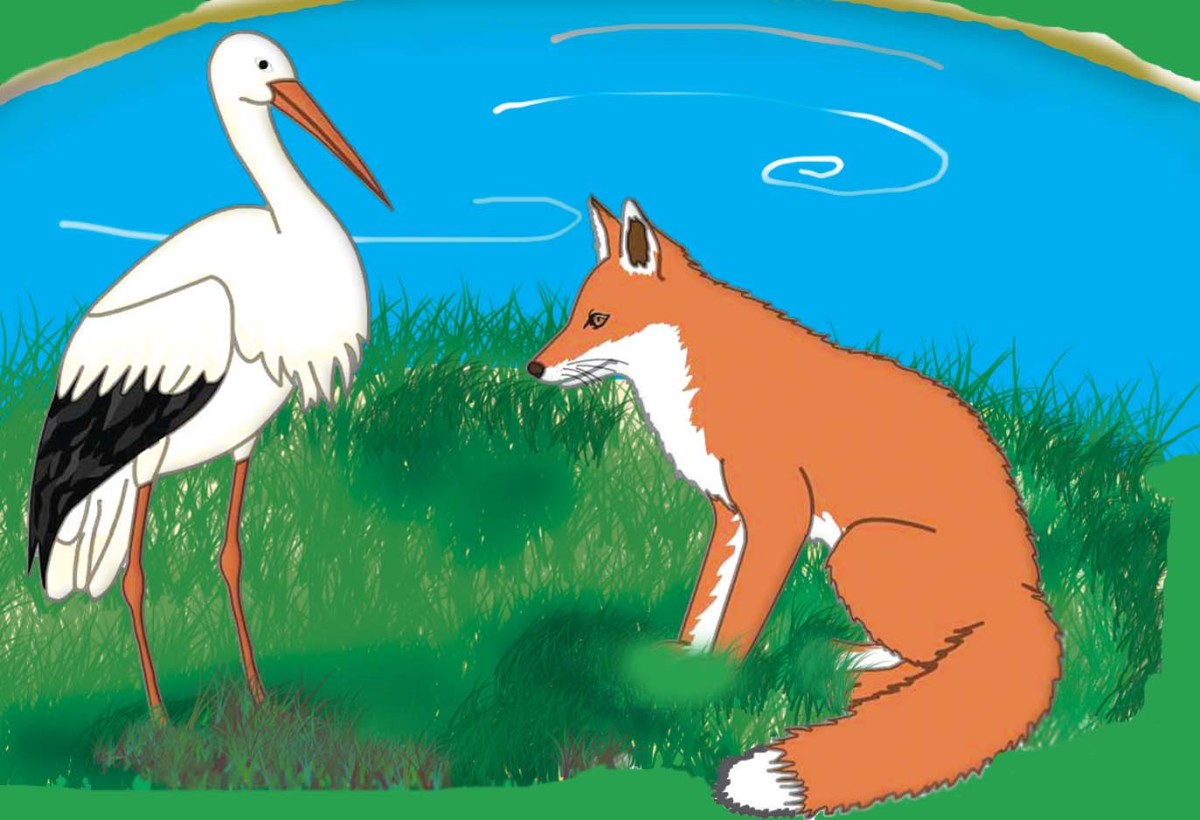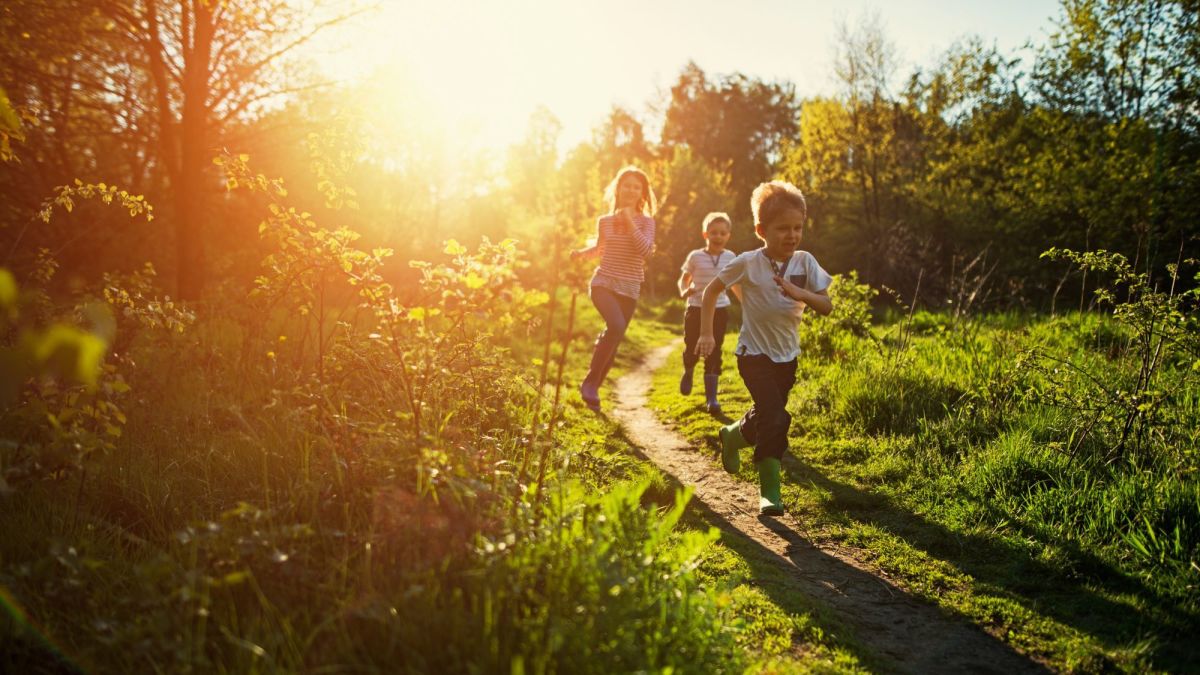What Is Early Childhood Development
Early Learning Development
Every parents dream is to have a happy, healthy child who will grow into a well-rounded, happy, healthy adult and early child development helps to start them on that path.
I have a Preschooler and Kindergartner who love their early education programs. I have researched everything I can about early education to find the best route for them and me.
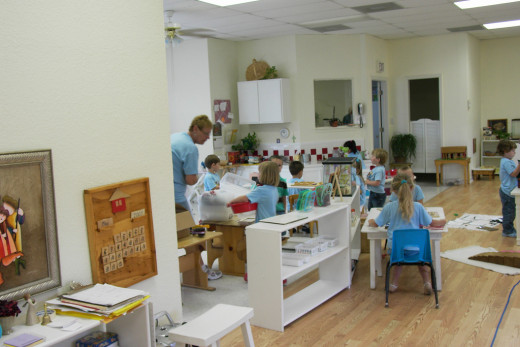
Types of Early Learning Development
DEVELOPMENT AT HOME- Early education begins at the home with the parents and other family members.
They learn that they are a part of something bigger. Parents teach babies to eat, go potty, say their first words, experience and give love and to experience the world.
DAYCARE - If a child goes to daycare, they learn to interact with other children, taking turns, sharing, stories and songs.
PRESCHOOL - This will be the first school most children will see. Preschoolers learn their ABC's and 123's. They learn to identify and sometimes draw their letters and numbers. They learn to share and they get some social interaction with other children. I have also found that preschool helped speed up the potty-training process. My children would see other kids their age going potty and they wanted to do it too!
Two of the most popular types of preschools are:
- Montessori - In Montessori schools, you may have 3 year olds and 9 year olds in the same classroom. The younger children learn from the older and the older children can help the younger. It creates a greater sense of community. The teachers are called mentors. They have large blocks of uninterrupted time to work on the projects that they would like. There is a lot of hands-on learning. The mentors are their to give guidance if a child needs help, but they do not give step-by-step instructions. This helps to spark creativity. The children can flow through the room and move from one learning area to another as they please. One of the drawbacks is the price. I have found it to be more expensive than other types of preschools.
- Waldorf - Waldorf is on the other end of the learning spectrum. They have teachers, schedules and books. The teachers teach by giving instructions and have a schedule that is adhered to. They have time for play and time for learning. Normally, they start the day with free play until it is time to begin class. The, it is circle time where they talk about what they will do that day and the students can share information with the class. Afterwards, they will either have story time, out door time or creative drawing time in any order. They also have a 10-15 minute stretch of time for snacks. The majority of schools teach Waldorf or similar styles. The prices are more reasonable. This is the type of schooling that my children attend!
KINDERGARTEN - Once children reach 5 or 6 years of age, they can enter kindergarten. They have schedules that are adhered to. Normally, they will have circle time, recess, reading, writing, math, social studies, art, physical education and library time in any order. The children learn the basics of each subject to prepare them for them for 1st grade.
What They Learn
READING AND WRITING - Teachers will read and show the children that the writing goes from left to right.From the readings, children will also be able to start recognizing sight words (simple words that are seen often like: and, the, I, we, etc.) recognize letters and numbers and begin to draw letters and numbers as they see them. They will also learn the sounds that each letter make and how to put them together.
MATH - They will learn to recognize and write numbers. They will learn what each number means, for instance, when showing the letter 3, they may also show 3 dots underneath or the child will count to three on their fingers.
SOCIAL SKILLS - Social interaction is very important at this age. Learning to share, cooperate, wait in line and be patient are great skills that will even help us as adults in our day-to-day lives.
SCIENCE - How do things work? Why do they do what they do? Children have tons of questions. Simple experiments help children to answer those questions. Some great, simple experiments can be as easy as mixing colors together to see if they make a new color or making water into ice.
Early Education
WHAT DO YOU THINK IS THE MOST IMPORTANT SUBJECT IN PRESCHOOL?
This content is accurate and true to the best of the author’s knowledge and is not meant to substitute for formal and individualized advice from a qualified professional.
© 2012 Melanie Casey

